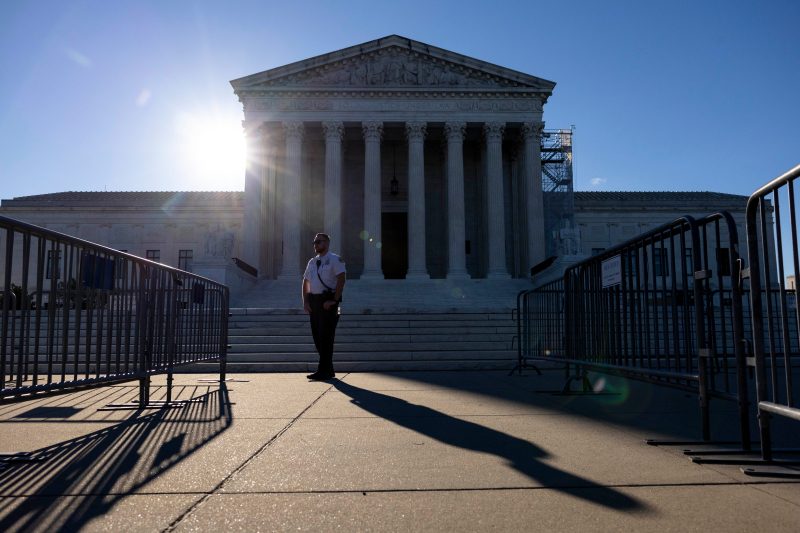
Unveiling the Supreme Court’s Trump Immunity Verdict: 4 Key Insights
1. Legal Precedent and Oversight
The Supreme Court’s decision on Trump’s immunity has set an important legal precedent regarding the limits of executive power. By ruling that a sitting president does not have complete immunity from legal proceedings, the court reaffirms the principle that no one, not even the president, is above the law. This decision underscores the importance of checks and balances in our government system, ensuring that there is accountability and oversight even at the highest levels of power.
2. Implications for Future Presidential Actions
The Supreme Court’s decision has significant implications for future presidential actions and behaviors. It sends a clear message that presidents must adhere to legal norms and standards, and that they can be held accountable for their actions while in office. This ruling serves as a cautionary tale for current and future presidents, reminding them that their actions are subject to legal scrutiny and that they are not immune from legal consequences.
3. Presidential Accountability and Transparency
The Supreme Court’s decision reinforces the notion of presidential accountability and transparency. By rejecting the argument of absolute immunity, the court upholds the principle that the president is accountable to the law and to the American people. This decision promotes transparency in government actions and signals that the president must operate within the bounds of the law, fostering a more equitable and just society.
4. Strengthening the Rule of Law
Ultimately, the Supreme Court’s ruling on Trump’s immunity decision strengthens the rule of law in our democracy. It serves as a reminder that the law applies to everyone, regardless of their position or power. This decision reinforces the foundational principles of our legal system and ensures that justice is blind, holding all individuals accountable for their actions. Moving forward, this ruling will continue to shape the landscape of presidential powers and legal accountability, contributing to a more robust and resilient system of governance.
In conclusion, the Supreme Court’s decision on Trump’s immunity has far-reaching implications for the legal system, presidential powers, and accountability in government. By establishing that the president is not immune from legal proceedings, the court reaffirms the principles of checks and balances, transparency, and the rule of law. This decision sets an important precedent for future presidential actions and strengthens the fabric of our democracy. It underscores the significance of legal oversight and accountability at all levels of government, reflecting the enduring values of justice and equality in our society.
